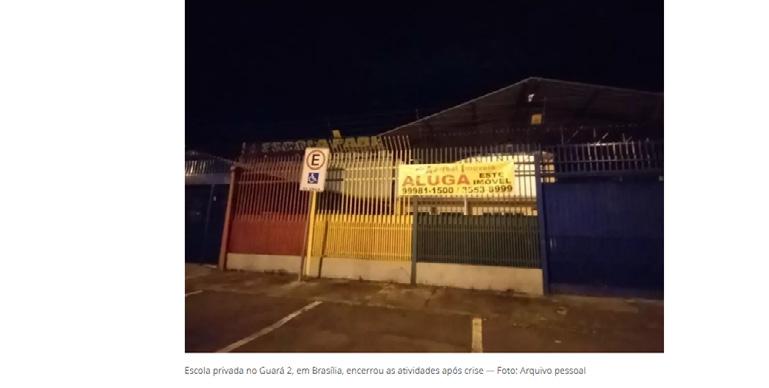
2 minute read
Early Childhood Education
Daycare services for those who want or need them Pre-schools for all. Quality, always
Early childhood education, the first stage of basic education, is a constitutional right of every Brazilian child and should promote proper development and learning opportunities. This stage allows the child to expand their relationships, increase their social interactions beyond their family nucleus and, based upon different experiences, construct their identity whilst developing their autonomy.
Studies show that access to quality education in the first few years of life contributes to a child’s development and introduces and strengthens the bases for acquiring skills and abilities, having a positive impact on the subsequent stages, such as literacy and learning over the course of a lifetime. On the other hand, a poor quality education at this stage can inhibit the child’s development.
Despite the fact that early childhood education is so important and Brazil has made advances in recent decades, children's access to this stage of education has not achieved the goals set forth in the National Education Plan (‘PNE’ in the Portuguese acronym). One objective is to provide daycare - a facility that is not obligatory - for 50% of children under 3 years of age, by 2024. According to the Continuous National Household Sample Survey (PNAD), in 2019, this index sat at 37%. The PNE demands universal access to pre-school education (something that is obligatory for children aged 4 to 5), but almost 6% (330,000 children) were not enrolled in this stage in 2019.
Furthermore, access to infant education is extremely unequal. The majority of children on the margins of education are from families in situations of poverty, are Black or of mixed race, and are from those regions most removed from the large urban centers or live in the Northern or Central Western regions of the country.
Access by itself, however, is not sufficient, which is why there are important guiding standards to define the quality of what the country is offering. One example is the National Common Curriculum Base for Infant Education. Almost every Brazilian municipality has a curriculum aligned with this Base, but the great challenge lies in its implementation. One assessment that the Foundation has performed, in partnership with the ‘Laboratório de Estudos e Pesquisas em Economia Social (Social Economy Research and Studies Laboratory’ / ‘Lepes’) at the Universidade de São Paulo University of São Paulo / ‘USP’), involving 3,467 classes in 12 municipalities distributed around the five regions of the country, showed that the quality of the offer of infant education is classified as just ‘regular’.
There is a structural need for data on the quality of education and learning in Brazil. The majority of the existing bases (such as the System for the Assessment of Basic Education) provide data on access or infrastructure. This scarcity of systematized data on the quality of education and learning is an obstacle to improving this fundamental stage in order to allow girls and boys to be able to develop, fully experience their early years, and be prepared for the subsequent stages of learning.









